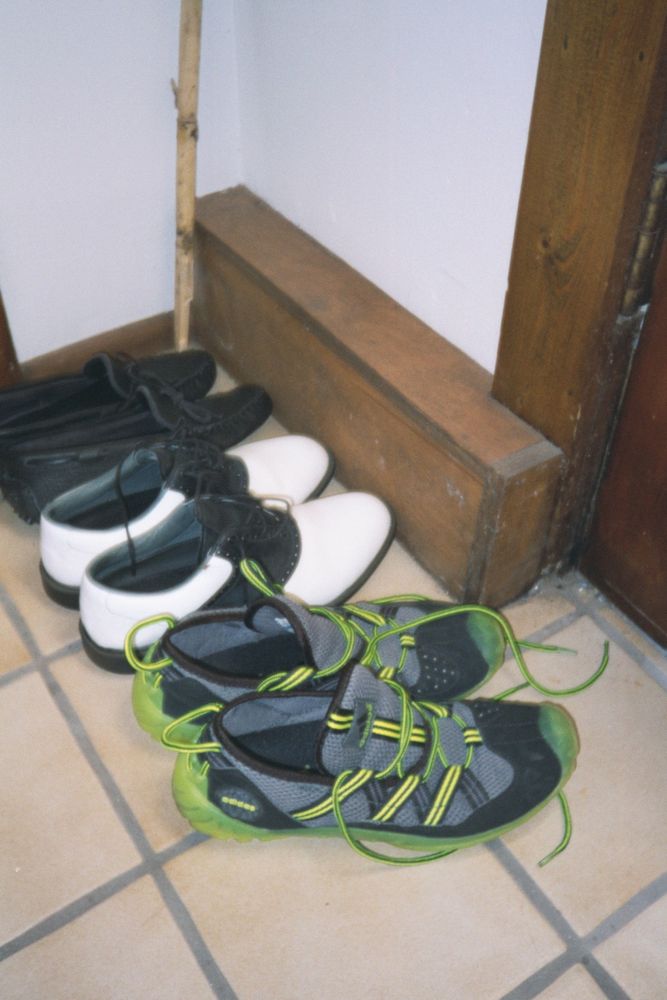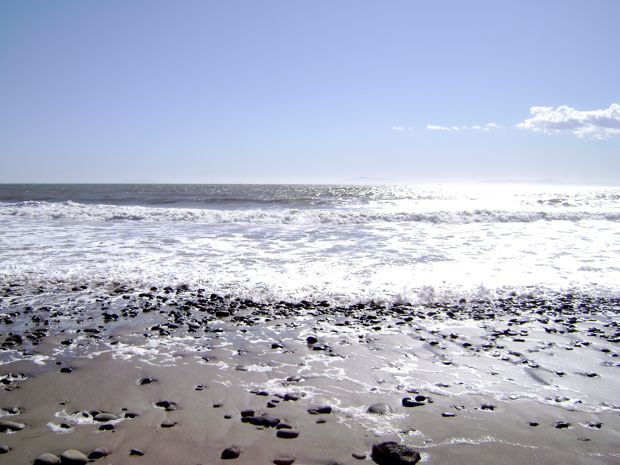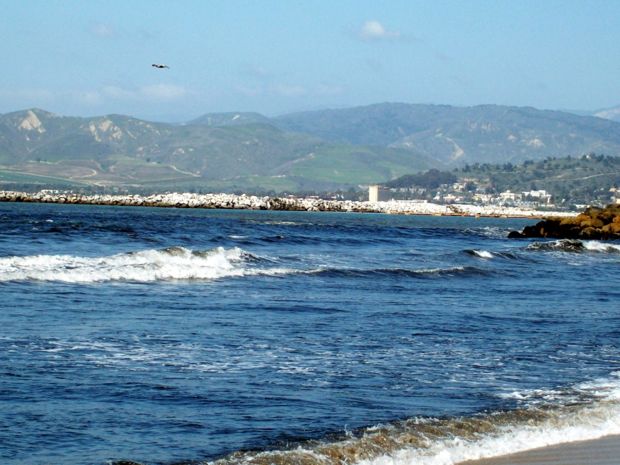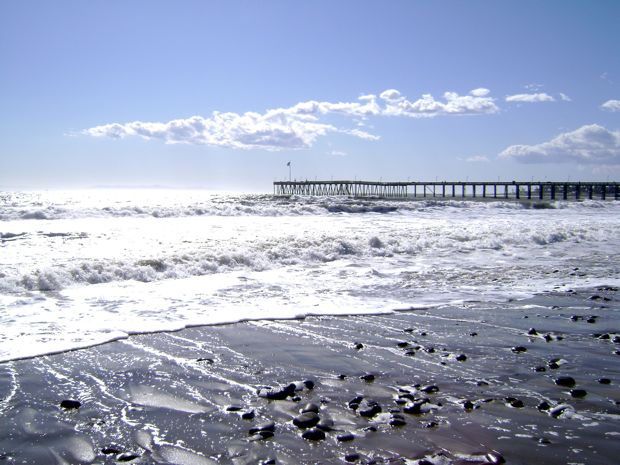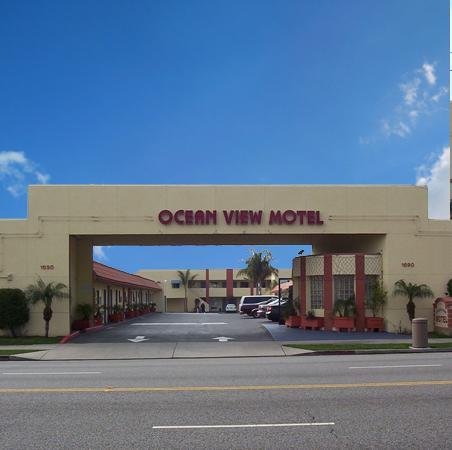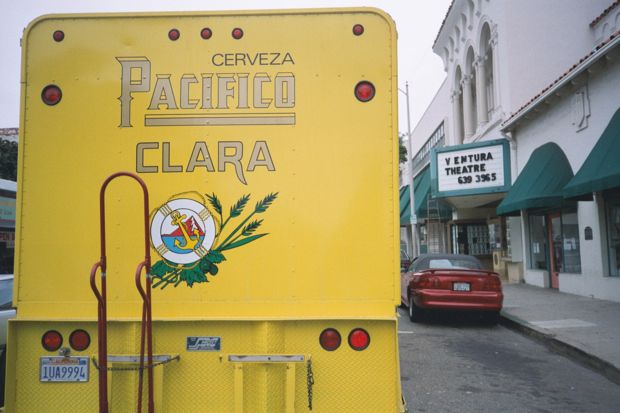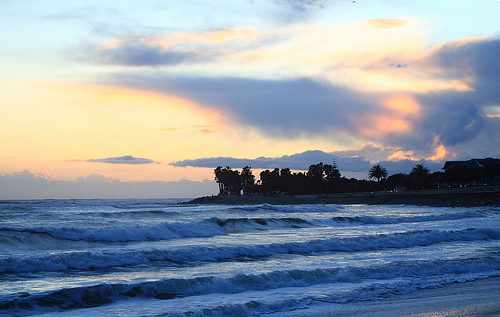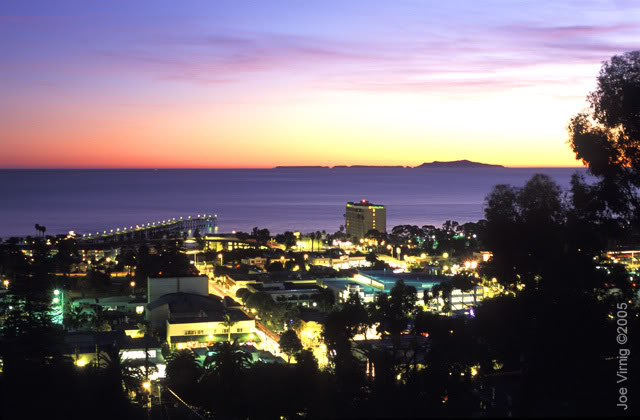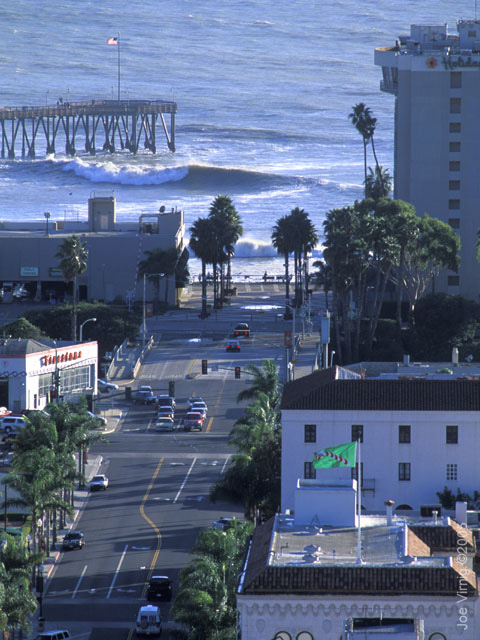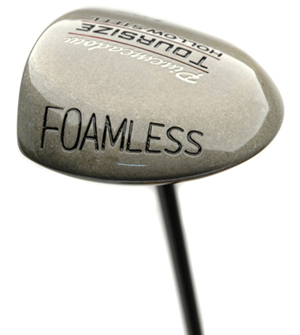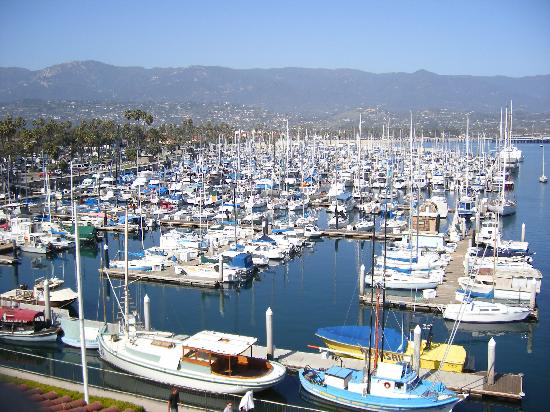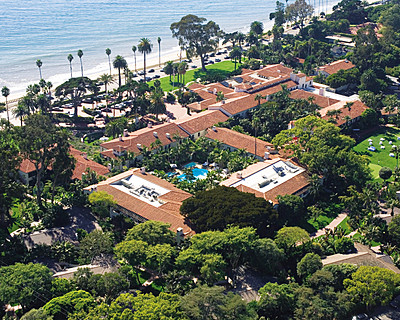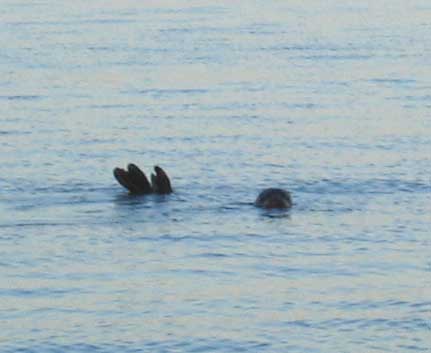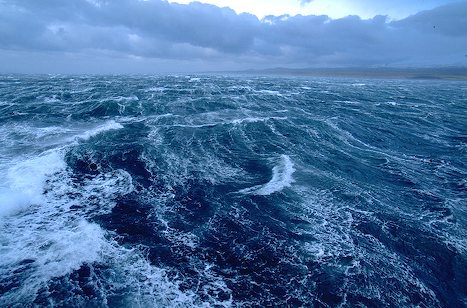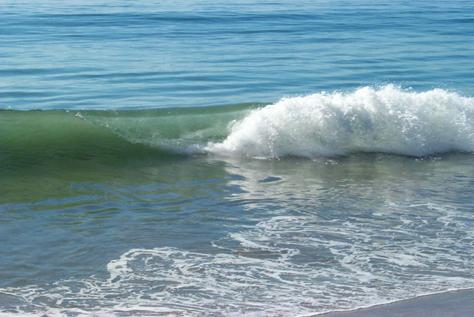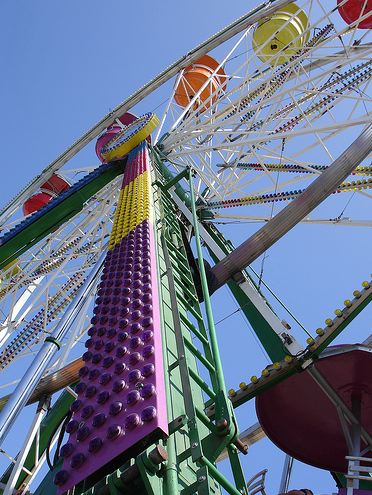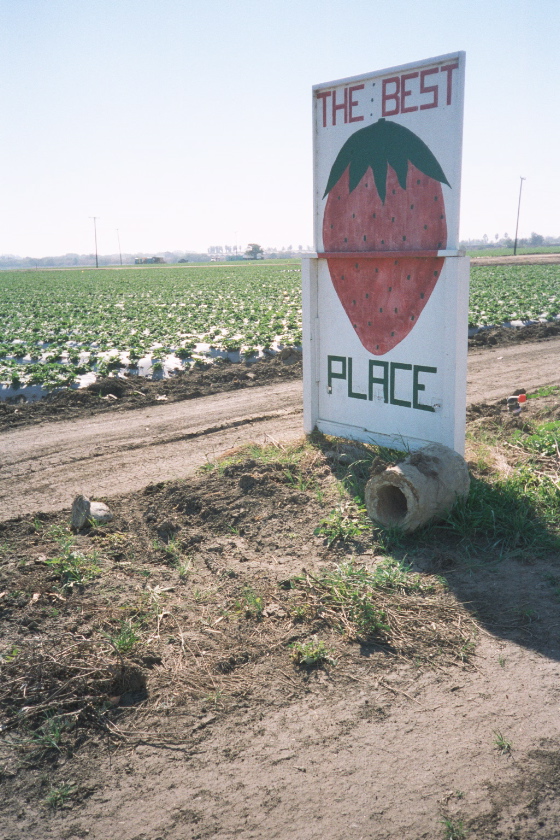There are many spiders in my little bunker by the sea. They are very sensitive and painfully shy, but also very proud of the magical webs they weave, and of their own odd grace. I never kill them — except one that I thought might be a black widow — and I give them a lot of admiration. I believe that they appreciate it. (And I’m convinced that they are deeply humiliated, devastated really, by all the ill-will directed towards them on Halloween. I am especially nice to them at this time of year.)
When I first moved in they would sometimes crawl on the bed, and I would always remove them gently to some other place, and now they know that I don’t like them on the bed, and respect my wishes. They wait in their own little corners but always seem happy to see me. They are lonely creatures, and hopeful that they have set their webs in a good place, and they get rid of really bad insects, like mosquitoes and flies, who are rude and dangerous.
There are some beautiful long-legged spiders, airy and delicate, who live above my shower. Sometimes they forget and drop too far down, so when I take a shower I have to turn the water on slightly to remind them that it’s about to rain. They scurry back up to the ceiling on their invisible threads.
Learning to love spiders has been one of the best things about living here . . .

